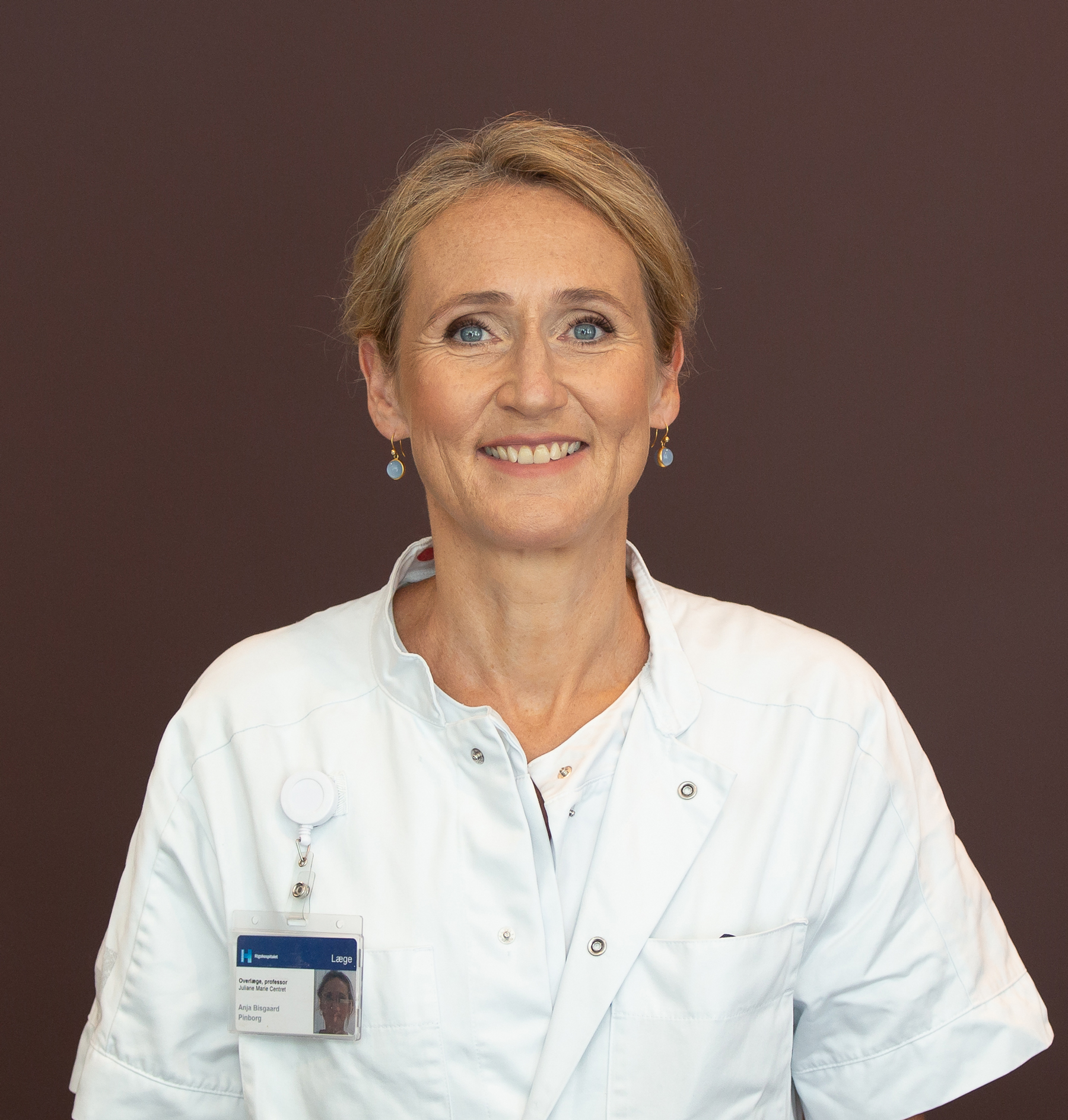The first fertility counselling clinic (FAC) opened at Rigshospitalet in 2011 with support from ReproUnion. Since then, more than 3,700 women and men have consulted FAC to examine their fertility potential and get more general advice on age, lifestyle, and the chance of giving birth. In September 2022 the Independent Research Fund Denmark granted DKK 2 million to investigate whether the consultation at FAC has led to different family formation patterns compared to an age-matched control group.
The average age at first birth for women in Denmark is now more than 29 years (31.4 years in Copenhagen) and for men approx. 31 years. And the fertility rate is 1.7 children per woman, where it should optimally be 2.1 to sustain the population.
“The intention with the fertility counselling service was to increase the general knowledge about reproductive performance, which we know already falls from the mid-20ies for women. The additional funding will now also make it possible to assess if the counselling has changed attitudes and behaviour towards earlier family building. And if we find that to be the case, I believe the concept could be adapted at a national level to prevent infertility,” says Professor Anja Pinborg from Rigshospitalet, who received the grant and will lead on the research.
In 2011, ReproUnion funded the set-up of the fertility counselling service at five different locations in Greater Copenhagen. By the end of 2018 FAC was ready to stand on its own feet and had also inspired similar activities in other countries around the world. Anders Nyboe Andersen, Professor Emeritus shared 8 years of experience with fertility counselling at ESHRE2019 when he commented: “We know that both women and men remember the consultation several years after. Many women see the consultation as a catalyst for change, in general towards advancing their attempts to conceive. Men feel empowered after the fertility counselling because they are equipped with concrete information that can inform their parenthood plans and decision making”.
The funding from Independent Research Fund Denmark will now be used to investigate if the consultation at FAC has led to different family formation patterns and the researchers will use data from the birth registry and look at reproductive endpoints such as number of births, abortions, and age at first birth. Secondly, they will examine predictors of birth, including lifestyle, in a large 6-10 year follow-up survey for all visitors to FAC.
Here Anders Nyboe Andersen talks about the fertility counselling and its continuation after 8 years with support from ReproUnion (the video was produced by Interreg Öresund-Kattegat-Skagerrak in 2019)

